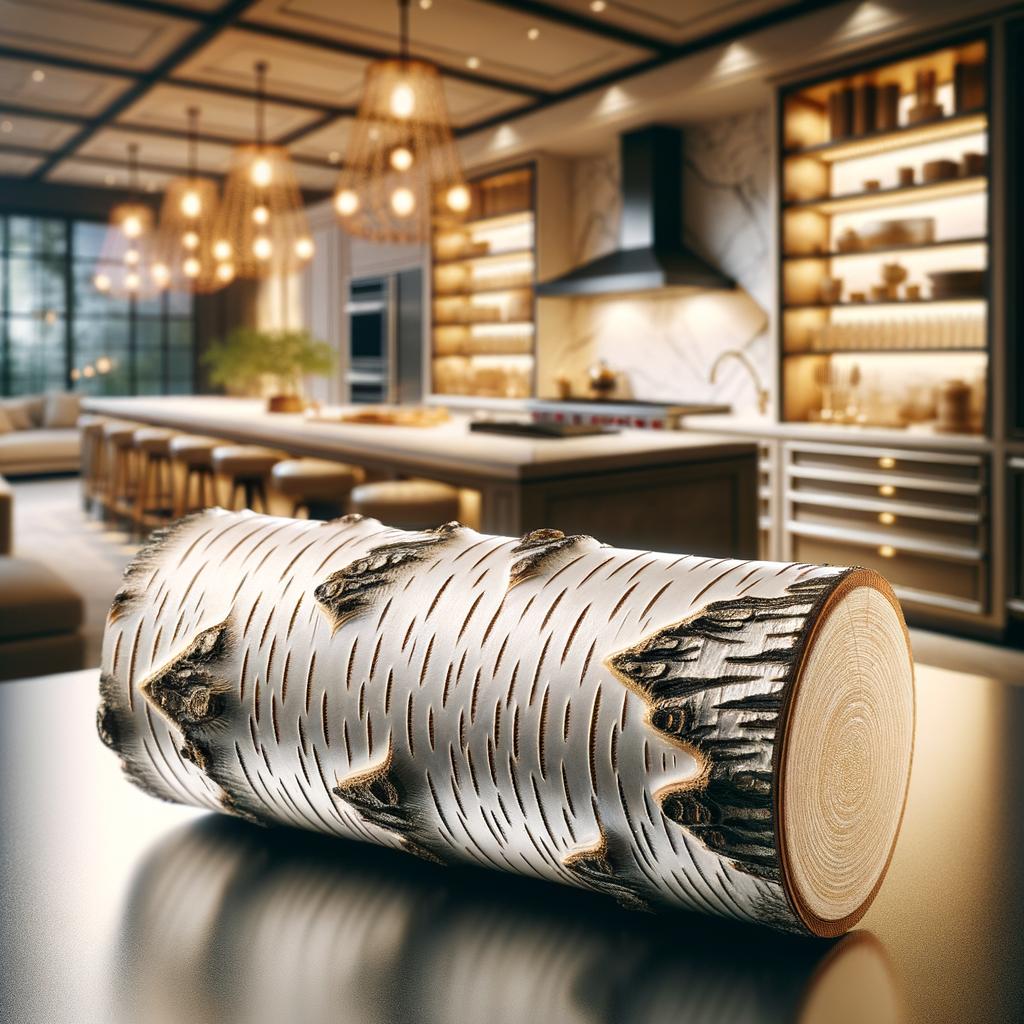Birch Bark

Description
The ingredient we will be exploring today is none other than the humble Birch Bark. At first glance, it may seem like an unconventional choice, but this natural wonder has much more to offer than meets the eye. Birch Bark, with its characteristic white, paper-like texture, is harvested from the birch tree, a species that graces the northern hemisphere with its elegant presence. It's imbued with a subtly sweet taste, a whisper of wintergreen, and a slightly bitter undertone that adds depth to its flavor profile. What sets Birch Bark apart from similar ingredients is its bountiful supply of betulin, a compound with numerous health benefits.
Primary Uses
In the culinary world, Birch Bark is a hidden gem. It's primarily used to make Birch syrup, a rare and precious commodity often compared to maple syrup, but with a distinctive, more complex flavor. It's also used in the brewing of Birch beer, a traditional drink in various North American and Northern European cultures. Birch Bark has been used in traditional medicine for centuries, particularly by indigenous communities, for its anti-inflammatory and antibacterial properties. Its cultural significance extends beyond the kitchen; the bark's durability and resistance to water have made it a popular material for crafting canoes, baskets, and roofing.
History
The story of Birch Bark is as rich and layered as the bark itself. The use of Birch Bark dates back to prehistoric times. It was a vital component in the lives of indigenous people, not only as a food source but also as a survival tool. The bark was used to create containers, shelters, and even parchment for documenting important events. The romantic tale of Birch Bark is woven into the fabric of many cultures, from the North American tribes who believed it to be a gift from the 'Thunderbird', to the Slavic folklore where Birch trees were considered as protectors against evil. Over time, the use of Birch Bark in cooking has evolved, but its importance in traditional medicine and crafts remains unchanged.
Nutritional Information
Birch Bark is more than just a culinary curiosity; it's a powerhouse of nutrients. It's rich in vitamin C, providing a natural boost to the immune system. The bark also contains significant amounts of betulin and betulinic acid, compounds known for their anti-inflammatory, antiviral, and anticancer properties. When compared to similar ingredients, Birch Bark stands out for its medicinal benefits, making it a worthy addition to our diets. However, like all good things, it should be consumed in moderation, as excessive intake can lead to digestive issues.
The story of Birch Bark is a testament to the beauty of nature's bounty, and how, with a little creativity, even the most overlooked ingredients can become stars in their own right.

